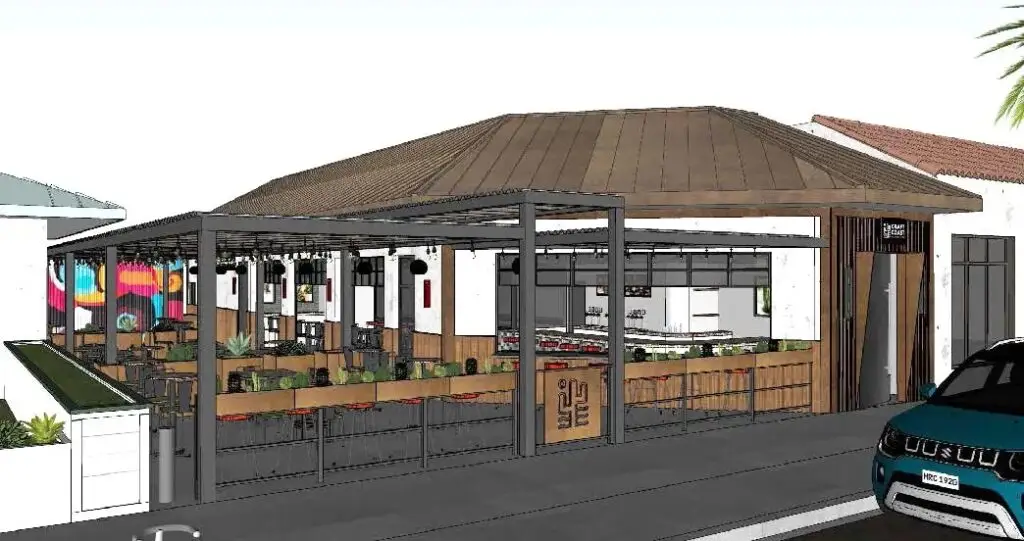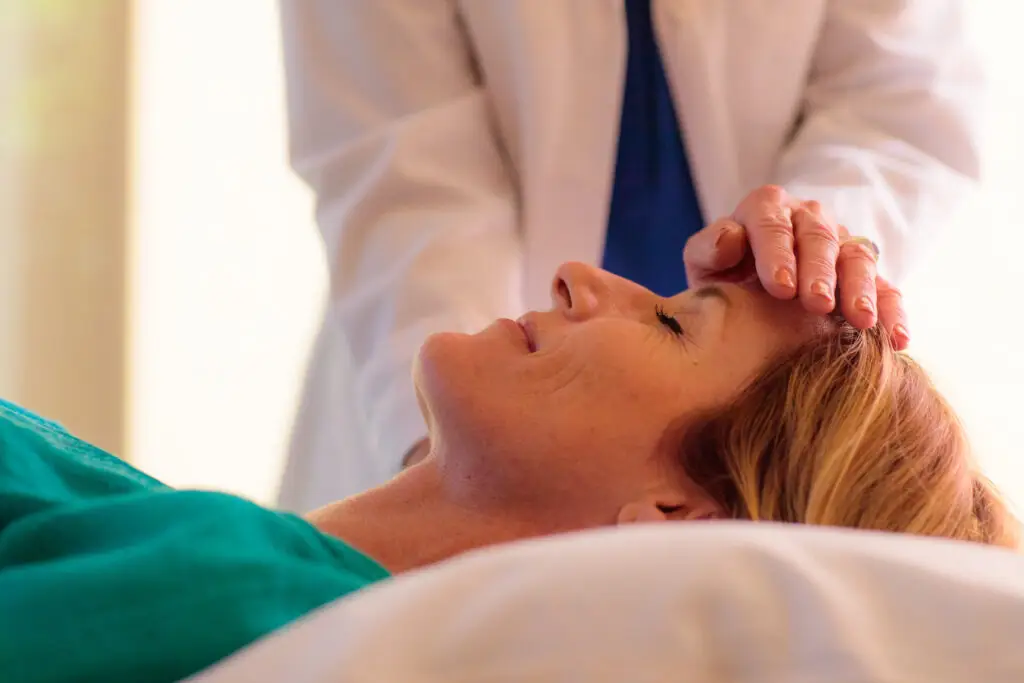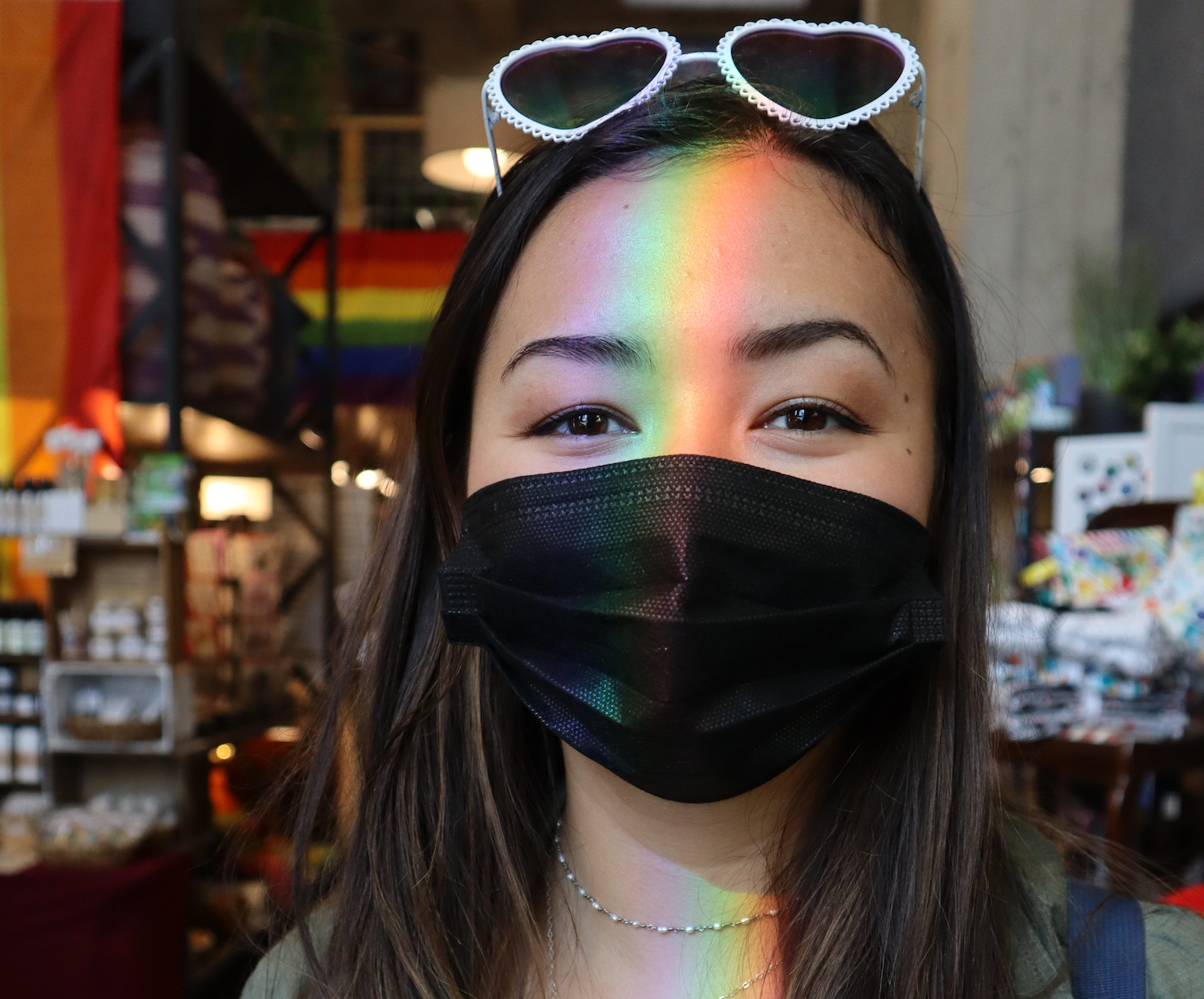I always liked having my window open. Whether I was curled up in my childhood bedroom, sitting in the backseat of my family’s 2000 Lincoln Navigator, or peeling potatoes in the kitchen, I welcomed brisk, swirling breezes into every space. Fresh air was a luxury I took for granted as a child, growing up under the canopy of pine trees in Washington state. Breathing was easy, rejuvenating.
Besides the air, my childhood was a breeze itself, as I was lucky to always have someone’s hand to hold and reassurance that I would be picked up when I fell. Despite my safe and secure childhood, when the time came to leave home for college, I sighed with relief at the idea of change. In August 2020, I packed the car and headed south for the beaches of San Diego, windows down, inhaling the idea of a fresh start.
As a 17 year old who had lived in the same town my whole life, I expected change to feel the same as sliding open a window and letting the air flow in: Fresh. Rejuvenating. But with this sudden change came an unexpected physical and emotional toll. Suddenly, I was sleeping in a new bed. Classes were online, the windows were shut, and I was locked in my room for days on end. For the first time in my life, I felt like I was falling and no one was there to pick me up.
Navigating your freshman year of college is innately challenging, but moving alone across state lines during a global pandemic added levels of difficulty I was ill-equipped for. I still remember the abrupt, crushing feeling of loneliness that came with being confined in my apartment during my first semester. Anxiety crept into my chest and held on tight.
Time and again, I found myself hunched in my desk chair, paralyzed, as pain burrowed its way out from behind my sternum with a pickaxe and shovel. Coming to college, all I wanted to do was form new connections and grow. Yet I was left shriveled and thrown into the deep end, gasping for air, not knowing how to breathe.

By my second year of college, Covid restrictions began to lift. Yet, my body felt rigid and mechanical, as if it had shut down and rusted over the past year. Despite being surrounded by crowds of friends, my chest was still tight. I couldn’t take a deep breath.
In these moments, I discovered the bridge between my body and mind, like my body was a mood ring that reflected whatever color my heart was feeling. The rigidity and tension I felt in my mind crept into my ribcage and set up camp for months
PARTNER CONTENT
While the pain of growing up never fully goes away, it quiets down, like a baby crying in the apartment next door. Now, even in solitude, loneliness tries to knock on my sternum, but I’ve found ways to cope. I go outside. I breathe intentionally. I’m no longer gasping for air, because I’m not the same person who drove down the PCH four years ago.
Growing up doesn’t mean the growth is exponential or linear. No one escapes the physical and emotional pain inevitably ingrained in the process. For some, it may swell in the gut or pound from inside the skull. For me, the pain chose to drill into my chest. The anxiety of growing up may still surface occasionally, but with the passing of time, my window has opened again. A breeze fills my bedroom, and I take a deep breath.






















